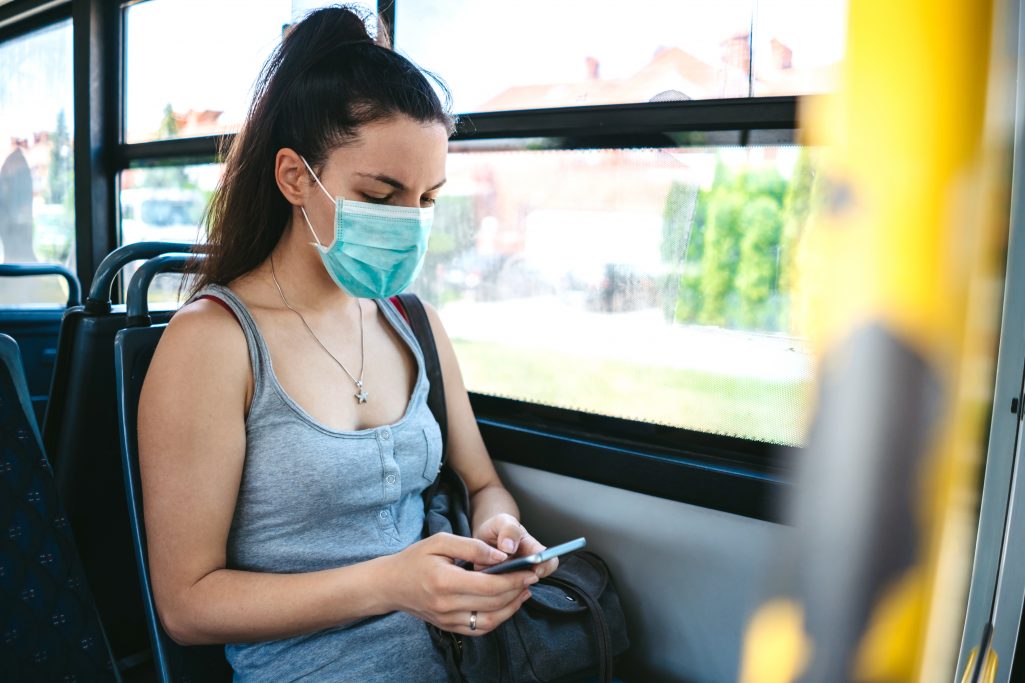After the World Health Organization this week decided not to declare an end to the COVID-19 global public health emergency, the Middlesex London Health Unit is reflecting on the region’s ongoing situation over the last three years.

WHO first declared that COVID represented a global health emergency on Jan. 30, 2020. Since then, more than 6.8 million people worldwide have died during the outbreak that continues to ravage communities and economies.
The health organization also recorded 170,000 deaths linked to the virus within the past eight weeks.
“I think what their decision reflects is that COVID still is having significant impacts globally, and particularly in some countries where for whatever reason, vaccination coverage may not be as high as we would wish or, or the impact and the impact on death and illness is still significantly high,” said Dr. Alex Summers, medical officer of health for MLHU.
“I think what the World Health Organization is looking for is this change in the global level of immunity such that the severity is just not as high as it has been,” he said. “Over the next few months, I think they’ll probably be revisiting that decision as they understand the global impact.”

London also hit its own grim third-year anniversary as Tuesday marked the first positive COVID-19 case recorded in the Forest City back on Jan. 31, 2020. The patient was a Western University student who had returned from Wuhan, China.

Get weekly health news
While the region didn’t mark its first death until the end of March 2020, Summers said that “one of the things to remember is that we are never going to go back to the way things were before the pandemic.”
“Things are better than they were a year ago. They’re better than they were two years ago. But COVID is here and it’s here to stay,” he said. “From the first case through so many, the contributions, the sacrifices, the commitment of people in our community to do what they could to slow transmission to the best that we could to protect our health system, protect our neighbours, to buy ourselves that time for the vaccine was a heroic community effort.”
Reflecting on the effect the virus has had on people’s lives as a whole, Summers said that “it was really kind of surreal to realize that something could disrupt our day-to-day lives in such a significant way.”
Coming back to the present day, on the local level, Summers described the condition of COVID-19 in the community as “fairly stable, but still very much present.”
“I think as we look in Ontario, and in our region, we really aren’t functioning as though we’re in an emergency anymore,” Summer continued. “I think it’s just a matter of time where that will be the situation globally.”









Comments